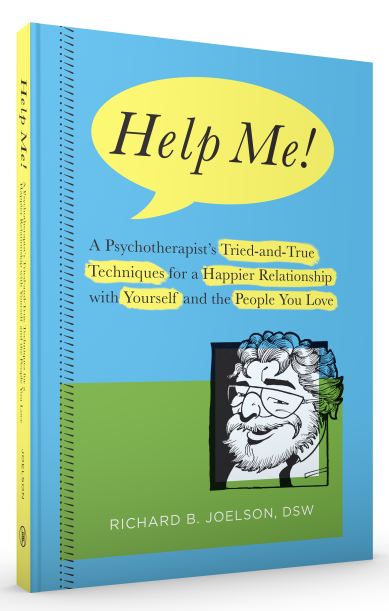When I see a new couple for the initial consultation, I am particularly interested to learn how they are – or are not – able to resolve conflicts; often the primary issue in their marital disharmony. There are couples who have been recycling the same conflicts for months, even years, often resulting in erosion of affection or, worse, loss of love for one another. Why does this happen?
There are several reasons, I believe, that lead to conflict between couples. They include 1) inability/unwillingness to listen; 2) readiness to anger; 3) the need to 'win' arguments; and 4) the inability/unwillingness to apologize.
Inability/Unwillingness to Listen: In the throes of conflict, people have a tendency to become preoccupied with their 'position' and get very busy finding ways to 'sell' it to the other person. Vigorous persuasion or worse, verbal bludgeoning of the other, takes place. In addition to the unfortunate consequences of this approach, it is most probable that listening – real listening, in order to learn what the other person is thinking and feeling, is unlikely. In conflict, people often talk over each other and are therefore only hearing themselves and not the other. This is why couples therapists sometimes feel like referees. Real listening, which requires maturity, impulse control, healthy restraint, and respect for the other person in the exchange, is vitally necessary, but too often difficult to achieve.
Readiness to Anger: Whether or not a particular individual has a problem with managing their anger, this emotion too often plays a role when couples attempt to address their differences. Some people are simply unable to tolerate differences of belief, opinion, or approach to an issue in the relationship and feel betrayed, disregarded, or somehow diminished when differences of any kind come to the surface. Some people see devotion and loyalty as requiring agreement or conformity, even submission and when this is not readily offered by their partner, they become angry and less likely to engage in rational effort to reconcile differences where this is necessary and appropriate.
The Need to 'Win' Arguments: The common expression "win the battle, but lose the war" applies here. Certain individuals, perhaps those with strong competitive tendencies, seem more concerned with argument victory, than with how well or not well the relationship fared in the course of a dispute. Relationships accrue damage over time when too many arguments end with a 'winner' and a 'loser' or when a person feels overwhelmed by the contentious force of their partner. This often leads to resentment that might be stored and provide material for the next conflict.
The Inability/Unwillingness to Apologize: This, in my view, is a major problem in some relationships, since too often it causes conflicts to remain unresolved and leads to "repeat performances," i.e. the argumentative replaying of certain issues that become chronic areas of difficulty between partners. There is rarely value for a couple in finding themselves re-arguing the same issue many times over, especially when a sincere and heartfelt apology by either or both partners, might have helped them to move on and more successfully restore their positive alliance. Heartfelt apologies can re-stabilize the couple, moving them out of their state of conflict to a prior experience of closeness.
These causes of conflict in couples, while certainly not a complete list, do highlight some of the typical struggles that many couples undergo.
